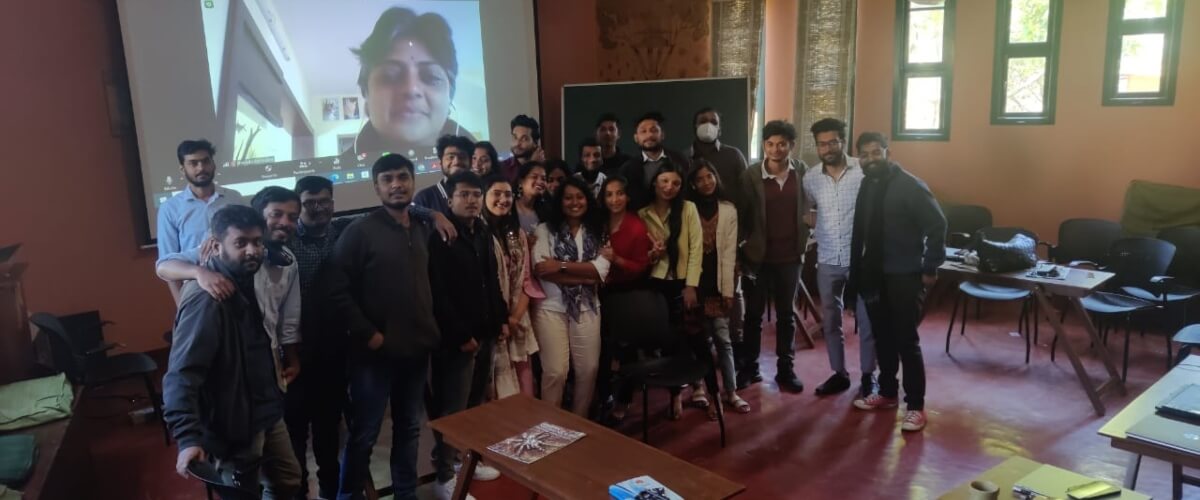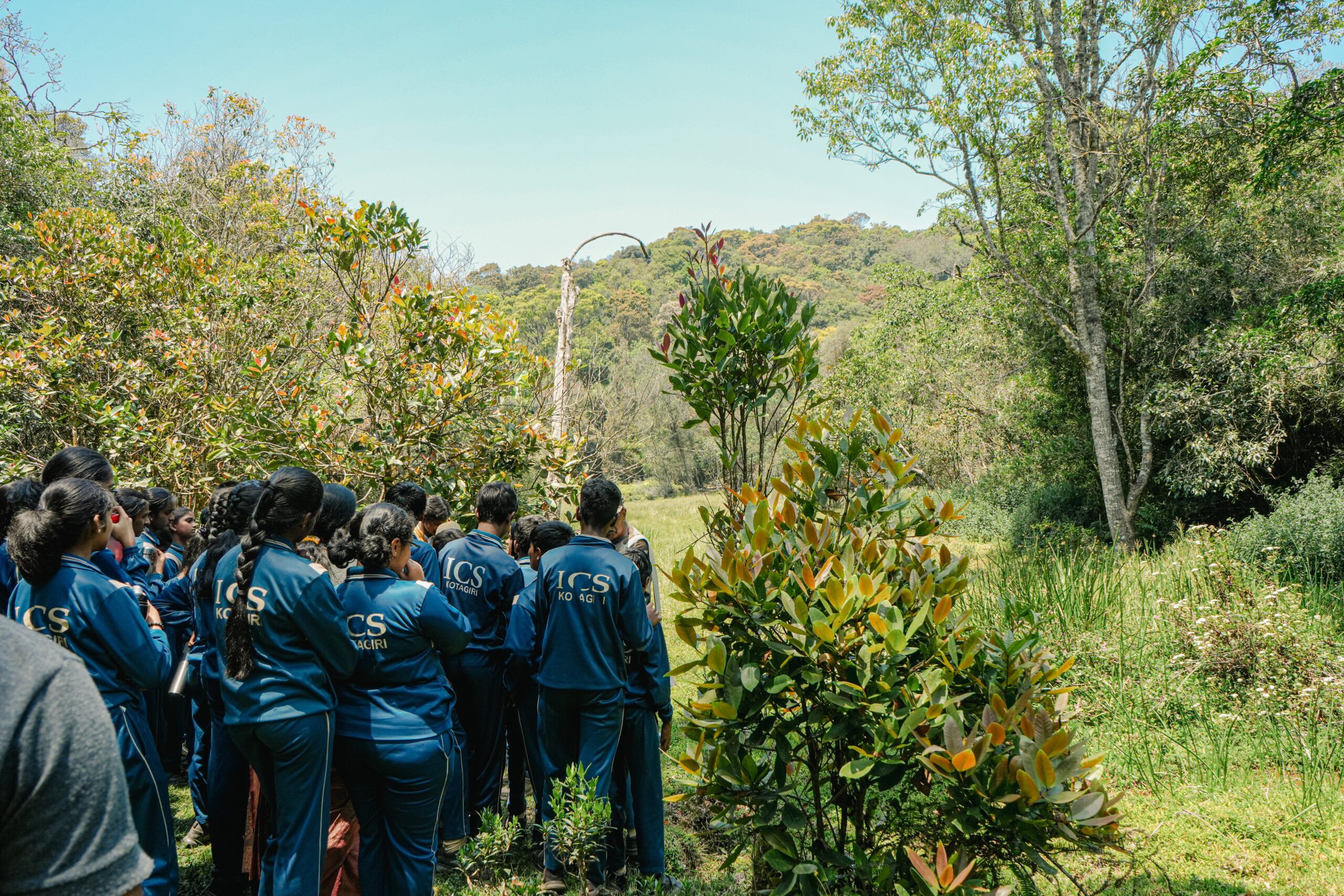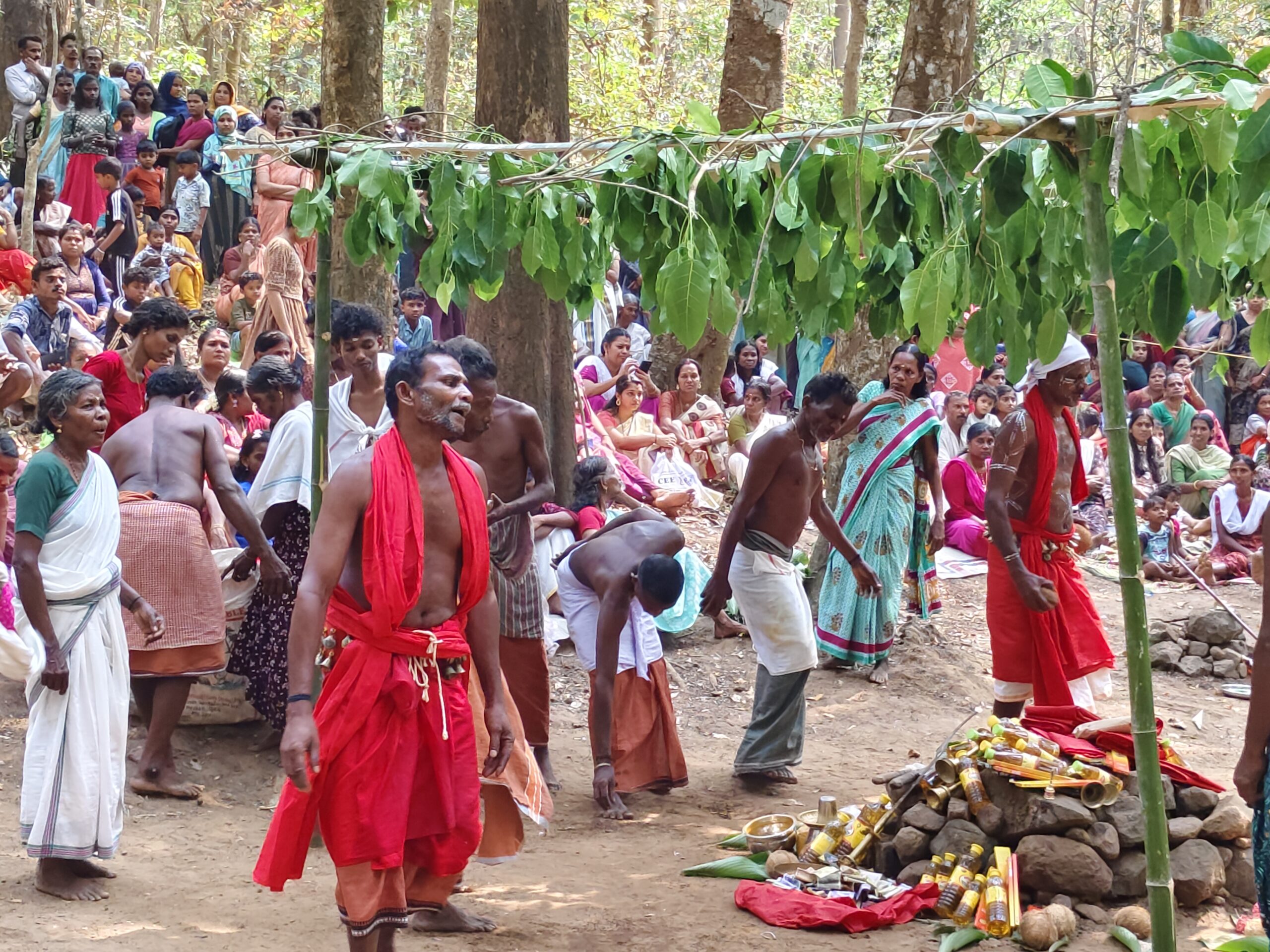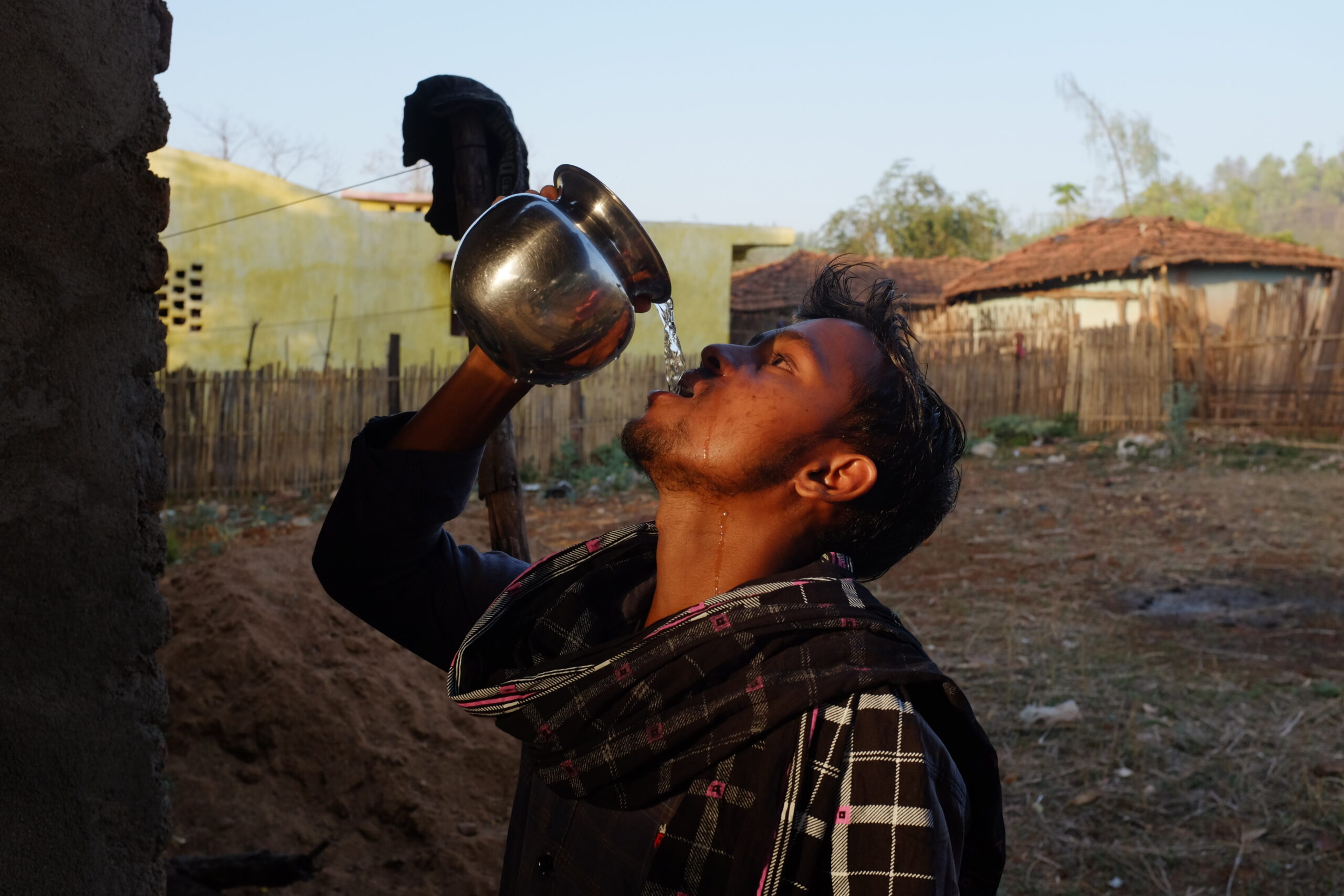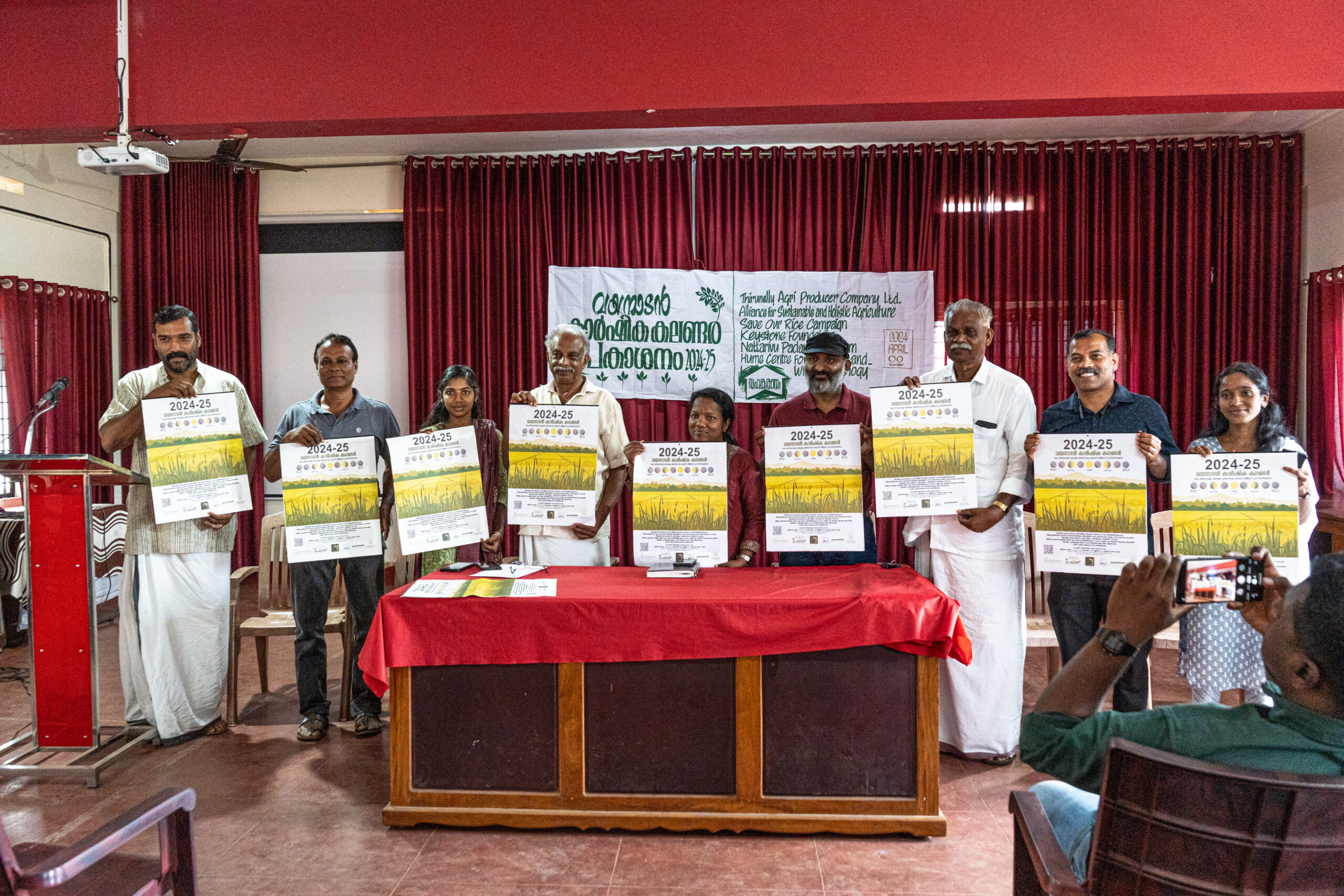A Journey around the Ongalwadi pond
Our field trip to Keystone Foundation based in Kotagiri was an unforgettable adventure. At Keystone, our team was assigned the task to prepare a report and a management plan for the restoration of Ongalwadi Pond in the Hasanur area of Sathyamangalam. The purpose of our project was to examine the socio-ecological aspects and their impact on the ponds’ environment. Aside from that, our research looked at the pond’s impact on the people as well as the economic activities that take place there.

Keystone Field Ecology Center, Satyamanglam was our field residence. The scenery was breathtaking, and the weather was great. In the morning, we began our day by listening to the bird’s chirpings. We went to Ongalwadi Pond on the first day to appreciate its beautiful view and explore the flora and fauna around it; On the second day, we started the survey, where we met local people and conducted interviews.
We had a minor communication issue there because of lacking in local language , but with the support of Guru and Shivanna, who are barefoot ecologists from that landscape, we were able to accomplish our assignment without difficulty. We interlinked social and ecological components under the direction of keystone mentors and proposed a long-term plan for pond restoration. The Keystone mentors instructed us on how to conduct interviews properly and how to analyse the interviews to understand the real issue. Aside from our field project, we worked as a team for days, cooking food together and having fun. Every person there taught us something new.
On a personal level, we believe that this research has broadened our perspectives. It has introduced me to a new world of economics, sustainability, social welfare, and conservation; a world in which I can talk about sustainable development and profit while feeling good about myself. Keystone’s interventions provided context for my questionnaire and notes, allowing me to better grasp the possibilities and limitations of sustainable development, as well as how to link all of the aspects affecting the pond environment in order to reach our pond restoration goal. During the field tour, I encountered a few difficulties. One of the most significant was inability to picture the problem. The papers, reports, and blogs did an excellent job of explaining the problem but it was the guidance of the keystone team that was most helpful in comprehending and interpreting the problem and building a long-term plan.
Overall, it was a fantastic learning experience that piqued my interest and instigated curiosity, both of which I believe will benefit me in the future.

